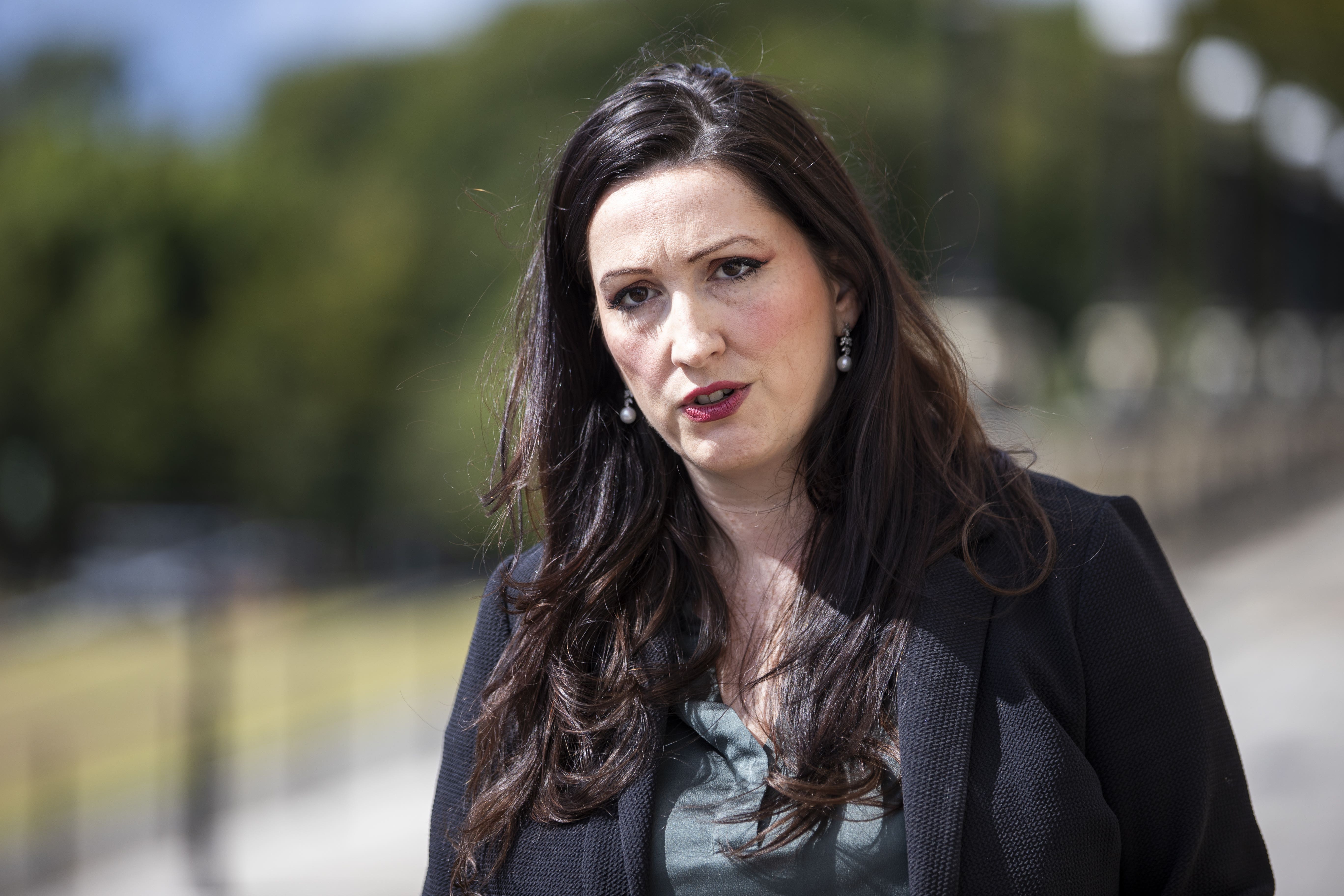Universal payment proposal to Troubles bereaved criticised
Victims Commissioner Ian Jeffers has proposed a payment to relatives of all of those killed during the Troubles in Northern Ireland.

A proposal for a universal payment to be made to relatives of all those killed in Northern Ireland’s Troubles has been criticised as equating victims with victim-makers.
Victims Commissioner Ian Jeffers made the proposal in a paper to the Stormont Executive Office for the payment to the families of all the bereaved, including those who were involved in paramilitary groups.
He said the move “will be contentious”, acknowledging some “will find it difficult to accept the idea that all bereaved families should be included”.
But he said he sees the value of a “recognition payment to those suggested in this paper in promoting reconciliation”.
Ms Little Pengelly said it is “repugnant to acknowledge victim makers in the same way as the victims they created”.
“Many victims and survivors will be deeply disappointed that the Victims Commissioner failed to take the opportunity to make clear that there is no equivalence between victim and victim maker,” she said.
“The lie that reconciliation somehow demands that victims and their perpetrators be treated the same must be robustly challenged.
“This is a ridiculous suggestion, and one that causes significant hurt to many victims.
“To be clear, the DUP will stand by the innocent victims and will not endorse this proposal in its current form for the reasons stated.”
Kenny Donaldson, director of victims group SEFF, said there should be another approach.
He said he acknowledged that those “involved in terrorism/other premeditated criminal violence and their families do require access to support services”, but he said this should not be facilitated via victims funded resources.
He said a payment scheme for those injured “went some way to making a distinction between perpetrator and victim”, adding: “And so too must any future bereaved reparation”.
“For those who were bereaved of a loved one who was involved in terrorism as a member of a proscribed group, there is a need for another approach to be developed with appropriate arbitration functions,” he said.
“There is also a need for inclusion of bereaved across jurisdictions.
“That means those murdered/killed in Northern Ireland, Republic of Ireland, Great Britain and mainland Europe.
“It is up to states to find workable solutions on these issues, to work together in a spirit of partnership and collaboration.”
Mr Donaldson added: “A chorus of people are leading the claim that society has moved on since 2009 when a universal reparation proposal for the bereaved was proposed by Eames-Bradley, this was met with righteous anger and opposition.
“Society has indeed moved on as has politics but principles and values held by large sections of those directly impacted have not, and rightly so.”
“Proposals launched today are ‘advice’ and that is solely what they are, there is substantive debate to be held on these issues before anything could be enacted in law, our message is simple; advance a reparation for the non-controversial cases which do not involve terrorism, a different process is required to deal with those other cases which account for circa 500 deaths and 13-14% of Troubles-related deaths.”
Bookmark popover
Removed from bookmarks